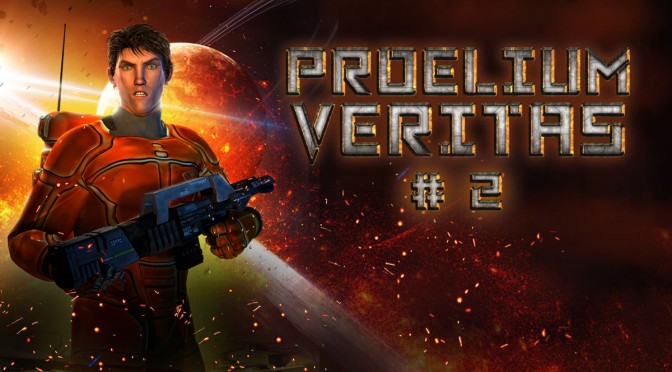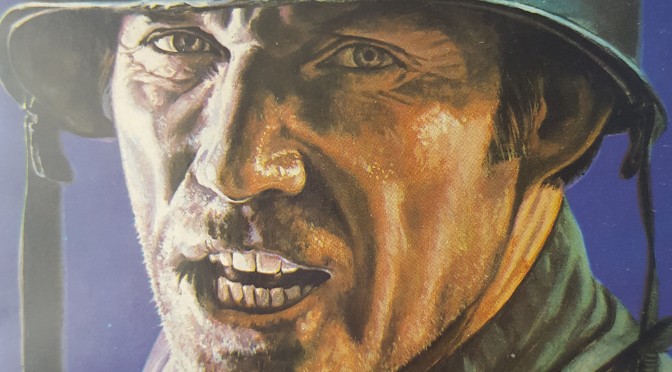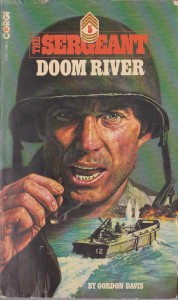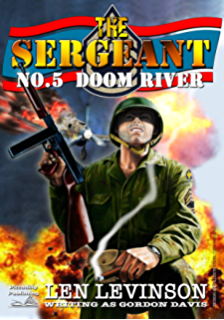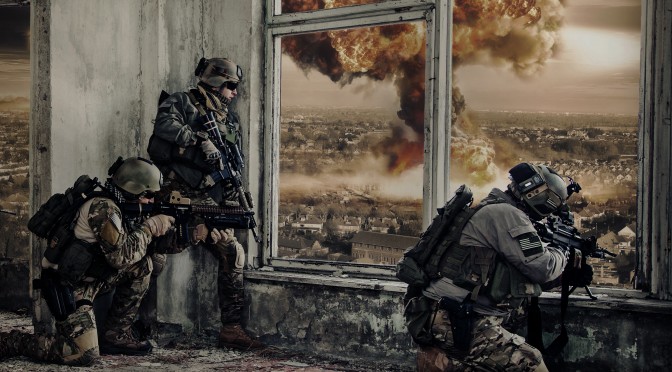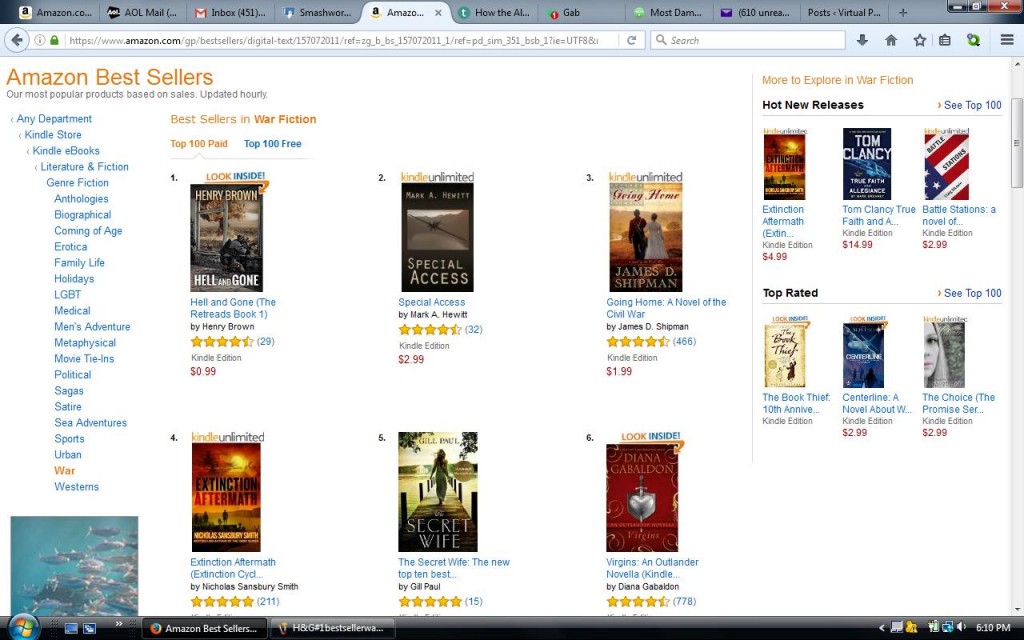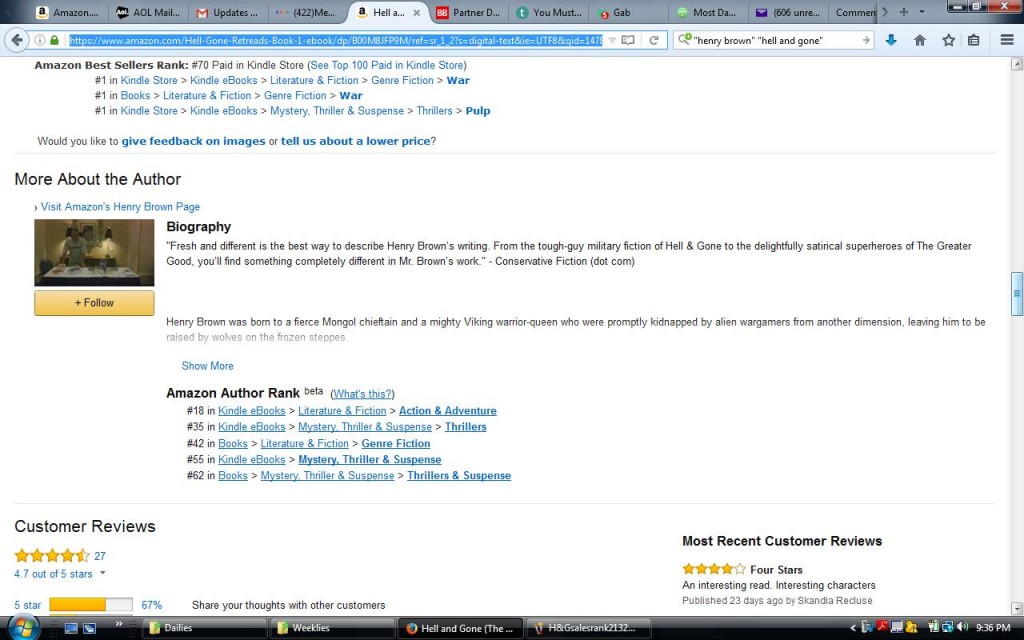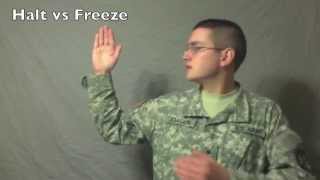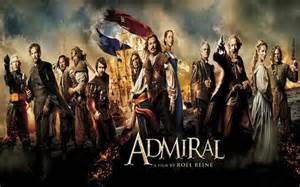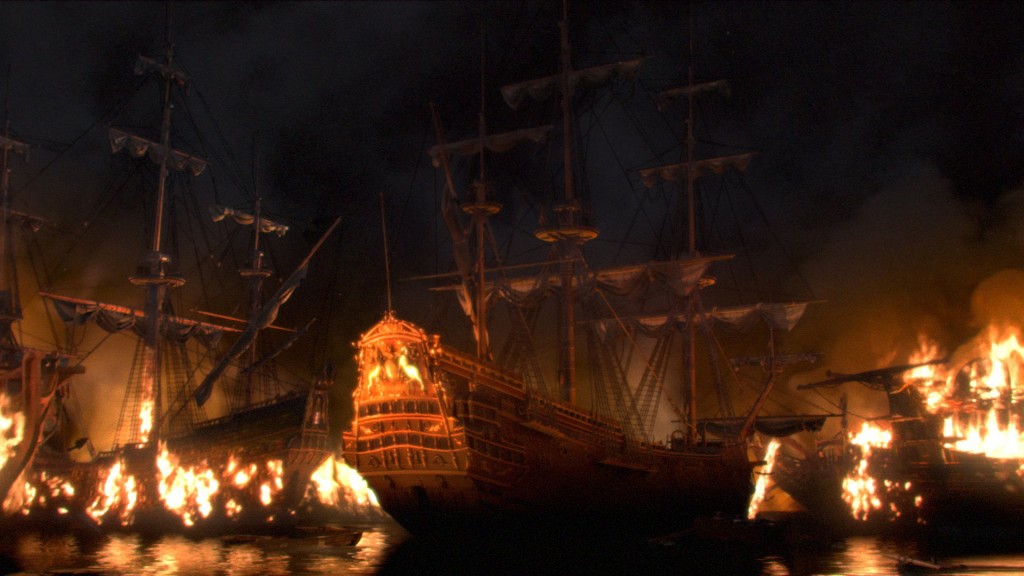There was activity by one of the vans. Some agents were trying to get back to a van, probably to get some gear they intended to use.
Roberts figured that had to be stopped. We can’t afford some
counter sniper activity, when it came down to it there would be no extra risk tolerated to either his men or himself. “All X-ray
elements, this is X-ray 47, prevent equipment recovery from the van on the highway, 4th vehicle from the last.”
The FBI Hostage Rescue Team was in a bad spot. They (or more
accurately, previous members of the Team) had been present at Ruby Ridge and at the Branch Davidian compound in Waco.
Those incidents were sore points with the tea bagger movement, and the agents on the Team knew that if given the opportunity, the tea baggers would kill them with relish in revenge. The agents had to get the sniper rifles into action, or they would be dead men.
There was no way the average agents, even those who had SWAT training, were going to get the Team out of this situation. The tea baggers were over 300 meters out, and they knew that most agents couldn’t hit an elephant at 200 meters. The Team had to get back to the van.
Roberts RTO was approaching, saying into the microphone
“Standby for X-ray 47 actual.” And then he handed the mike to
Roberts.
“This is X-ray 47 actual, over.”
“This in X-ray 72, request to take targets by van down, over.”
“Shred the van, knee cap them if you can, then take them down, over.”
“Roger, out.”
Above is an excerpt from the action chapter of this book, when the JTF (Joint Task Force) raid runs into an ambush by a well-organized militia.
To describe this book in one sentence, I might say Atlas Shrugs meets Armor at Fulda Gap. There is no character development, to speak of. In fact, character establishment is mostly lacking throughout. Yet it is a gripping story of a few good men who have had enough of the long march to a 3rd World police state, and band together to do something about it–something more effective (and realistic?) than “going Galt” to some fantasy retreat where the jackbooted Feds will just leave them alone.
In this speculative tale of a near future secession effort in Texas, the focal character is Jim Roberts, a former armor officer who is well-versed in military SOPs, TOOs and overall military doctrine. He also knows a great deal about the law and politics, though toward the end we discover he hates politics (and I can relate). From a storytelling perspective it seems he’s not all that necessary for 2/3rds of the narrative, which is in a summary format. Nevertheless, after a couple pages it was hard to quit reading.
I’m tempted to call this “an optimistic dystopia” because everything seems to fall into place for the good guys. Oh, they have opposition, and that opposition is depicted credibly. The optimistic part is how so many individualists can put aside petty differences, come together with realistic plans, attainable goals, and work selflessly to actually make a change while pretty much getting everything right along the way. From my experience, this would never happen. Nevertheless, it is an engrossing read because I like to dream about how we COULD preserve some of our freedoms IF IF IF this, that, that, and this all went right, and if key people handled thus situation exactly in this fashion, and Joe and Moe could check their pride at the door in order to work together, etc. Perhaps patriots and Texicans would enjoy this book as much as I did. It might be just the ticket for those who don’t normally read fiction (or read at all), because it’s full of information and action plans which could, theoretically, be mimicked in real life.
The version of this book that I read was not edited. It reads like a first draft by somebody who doesn’t know (how) to punctuate, with seriously challenged spelling and grammar skills…and who only made matters worse with what spell check function was utilized. In other words: a typical Indie e-book. Difficulty telling dialog from inner-dialog from narration was compounded by a haphazard use of quotation marks. During one passage of dialog which went on for quite a while, there were no attributions at all and you might could figure out who was saying what if you took notes and kept score. There were several paragraphs I had to re-read a few times to deduce what the meaning would be without so many errors, and more than a couple places where the sentence construction was so mangled that I just couldn’t figure out what information the author was trying to convey.
I was given a free copy of this book in exchange for an honest review.

